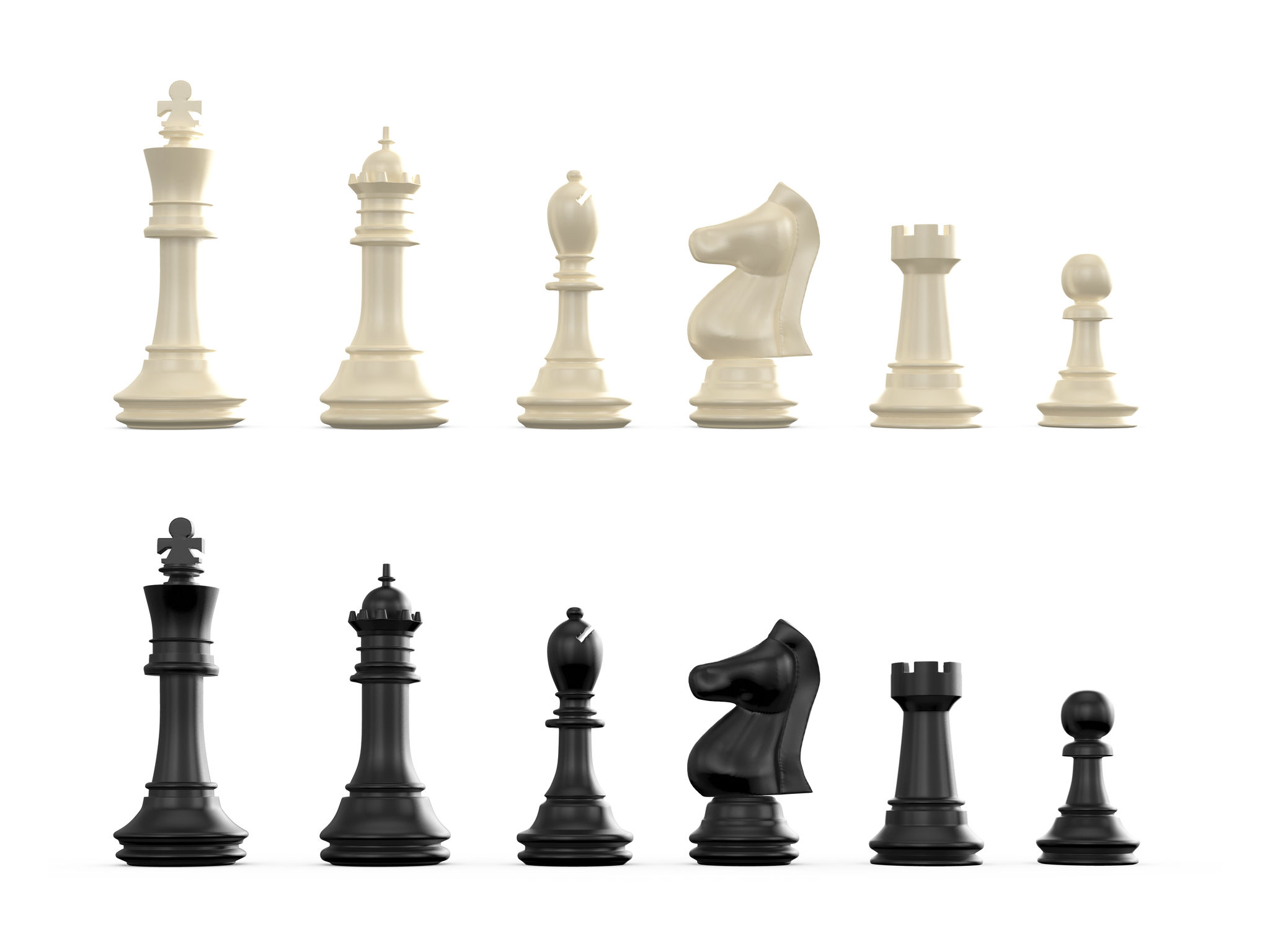The Benefits of Participating in Youth Chess Tournaments
Introduction to Youth Chess Tournaments
Participating in youth chess tournaments can be an incredibly rewarding experience for young players. These events offer much more than just an opportunity to play chess; they provide numerous benefits that extend beyond the game itself. Engaging in chess tournaments can help children develop a range of skills that are valuable in both academic and social settings.

Building Critical Thinking Skills
One of the most significant advantages of participating in youth chess tournaments is the enhancement of critical thinking skills. Chess requires players to think several moves ahead, consider various possibilities, and make strategic decisions. This cognitive exercise helps improve problem-solving abilities and analytical thinking, which are essential skills in both school and daily life.
Encouraging Patience and Perseverance
Chess is a game that demands patience and perseverance. Young players learn the importance of taking their time to make thoughtful decisions rather than rushing into moves. This patience can translate into other areas of life, teaching children to persist in the face of challenges and setbacks.
Fostering Social Skills and Teamwork
Youth chess tournaments also provide a platform for children to develop social skills. Interacting with peers from different backgrounds promotes communication and collaboration. While chess is often seen as an individual sport, tournaments frequently involve team events, encouraging players to work together toward common goals.

Building Confidence
As young players gain experience and improve their skills, their confidence grows. Participating in tournaments allows them to test their abilities against others, providing a sense of accomplishment when they succeed. This boost in self-esteem can have a positive impact on their overall outlook and willingness to tackle new challenges.
Enhancing Academic Performance
The skills developed through chess, such as concentration, strategic planning, and problem-solving, are directly applicable to academic success. Studies have shown that students who play chess tend to perform better in subjects like mathematics and science. The ability to focus for extended periods, honed during chess matches, can also enhance study habits.
Encouraging Lifelong Learning
Chess is a game that offers endless opportunities for learning. Each match presents new challenges and lessons, encouraging players to continue improving. This mindset of continuous learning is invaluable and can inspire a lifelong passion for acquiring knowledge and skills.

Conclusion
Participating in youth chess tournaments provides numerous benefits that extend far beyond the chessboard. From building critical thinking skills to fostering social interactions and enhancing academic performance, the advantages are substantial. Encouraging children to engage in these events can set them on a path toward success in various facets of life, making chess an investment in their future.